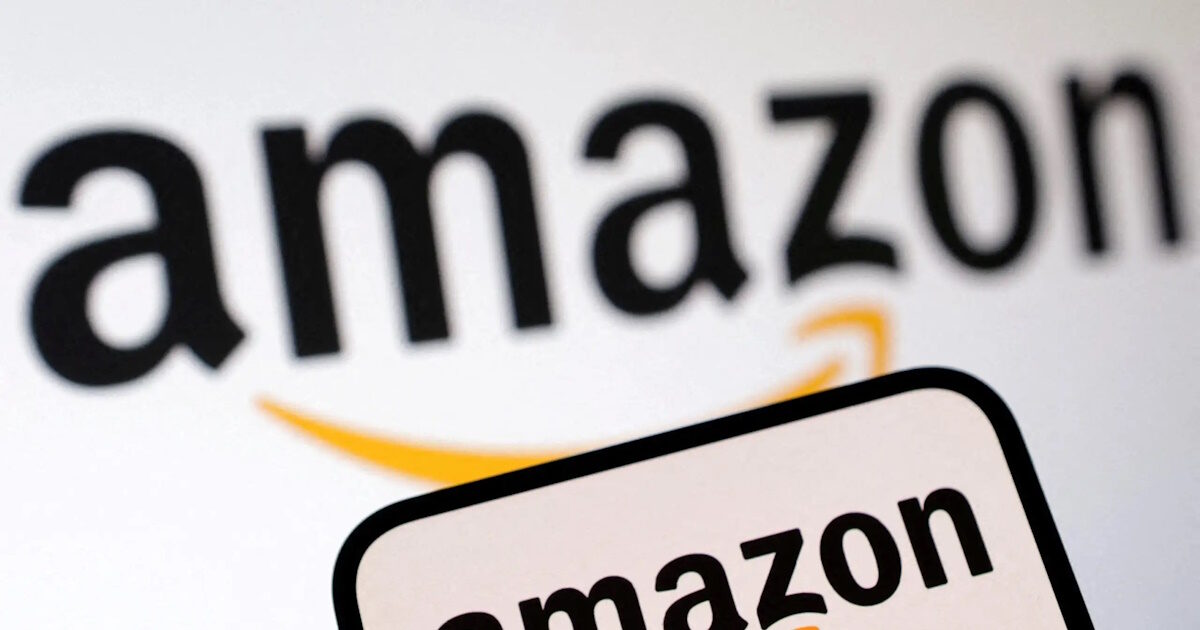The answer to the question “why the Amazon struggling to gain ground in Germany’ is not in the e-commerce shelves, but in the different business mentality that separates the USA from Germany.
In the US, companies such as Amazon, Alphabet, Apple, Meta, Microsoft, Nvidia and Tesla – the so-called “Big Seven” – have turned the business landscape upside down in a few decades. Even the “oldest” among them, Microsoft, was founded only in 1975 and is proof that the American market gives birth to and supports new forces.
The picture in Germany is almost reversalaccording to Handelsblatt. In the main stock market index DAX, SAP – founded in 1972 – is considered one of the youngest companies. Most others come from the previous century, with roots reaching back to the era of the industrial revolution. Among them, Siemens and Bayer, but also Merck, which was founded as early as 1668.
While in the US new companies often manage to grow rapidly, in Germany companies with a long tradition and stability dominate. This difference is largely related to the mindset of investors: risk appetite and perception of security. The example of Zalando clearly demonstrates this.
Amazon, the American e-commerce giant, grew mainly because it invested constantly. The group has been reinvesting most of its cash flow into long-term assets, aiming to consolidate its dominance in e-commerce while developing new, more profitable lines of business. For Amazon, research and investment have always taken priority over profits.
In 2022, the company recorded a net loss of $2.7 billion. Two years later, its net profits jumped to 59.2 billion euros. This aggressive growth strategy comes with wild swings in results, but shareholders don’t punish it; instead, they reward it. When Amazon recently announced strong growth indicators and new waves of investment, its stock jumped 10%.
Over a 20-year period, its stock has risen over 10,000%. Its investors aren’t bothered by the fact that Amazon has never paid dividends or repurchased shares.
However, the AI sector has been under pressure lately as concerns about its valuation grow. The Nasdaq’s year-to-date losses are as much as 1%, with companies such as Micron Technology, Oracle and Palantir down as much as 5%. The Technology Select Sector SPDR fund ( XLK ), which tracks the technology sector of the S&P 500, is also down about 1%. As analysts point out, the S&P 500 is now trading at more than 20 times earnings, suggesting that if there is a slowdown in capital spending, it could mean “things have moved a little faster than they should have.”
On the contrary, in Germany, the investment public is betting on continuity and stability. It is almost unthinkable for a large company not to pay dividends or accept losses in the name of investing for the future. German investors prefer companies that succeed through efficiency and savings, not through risky growth.
